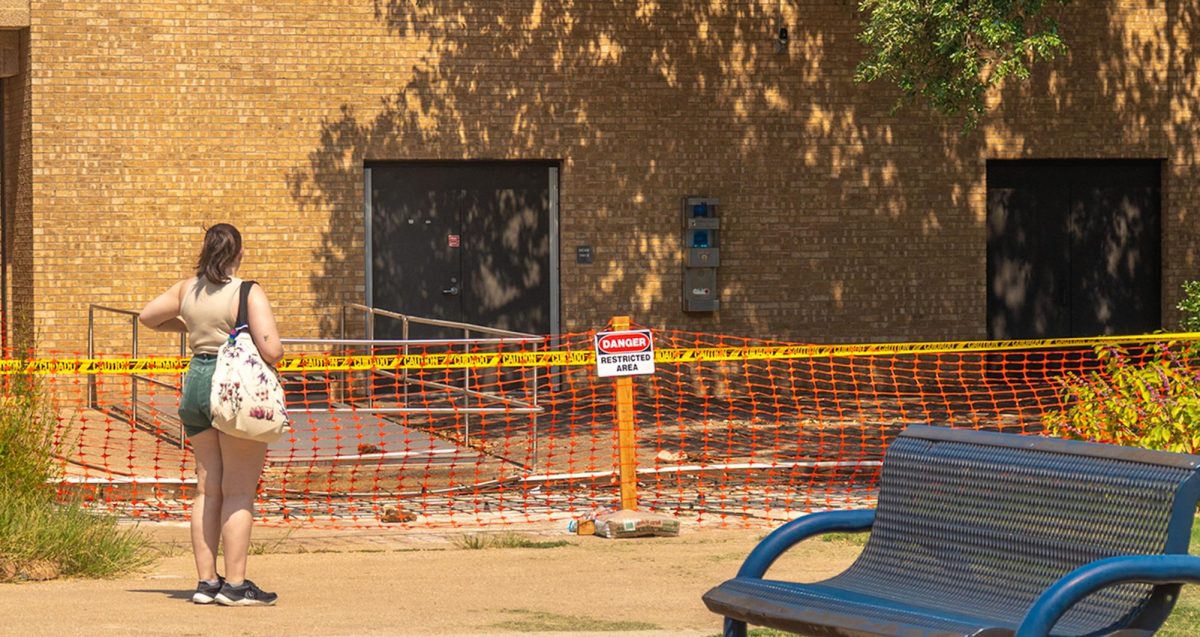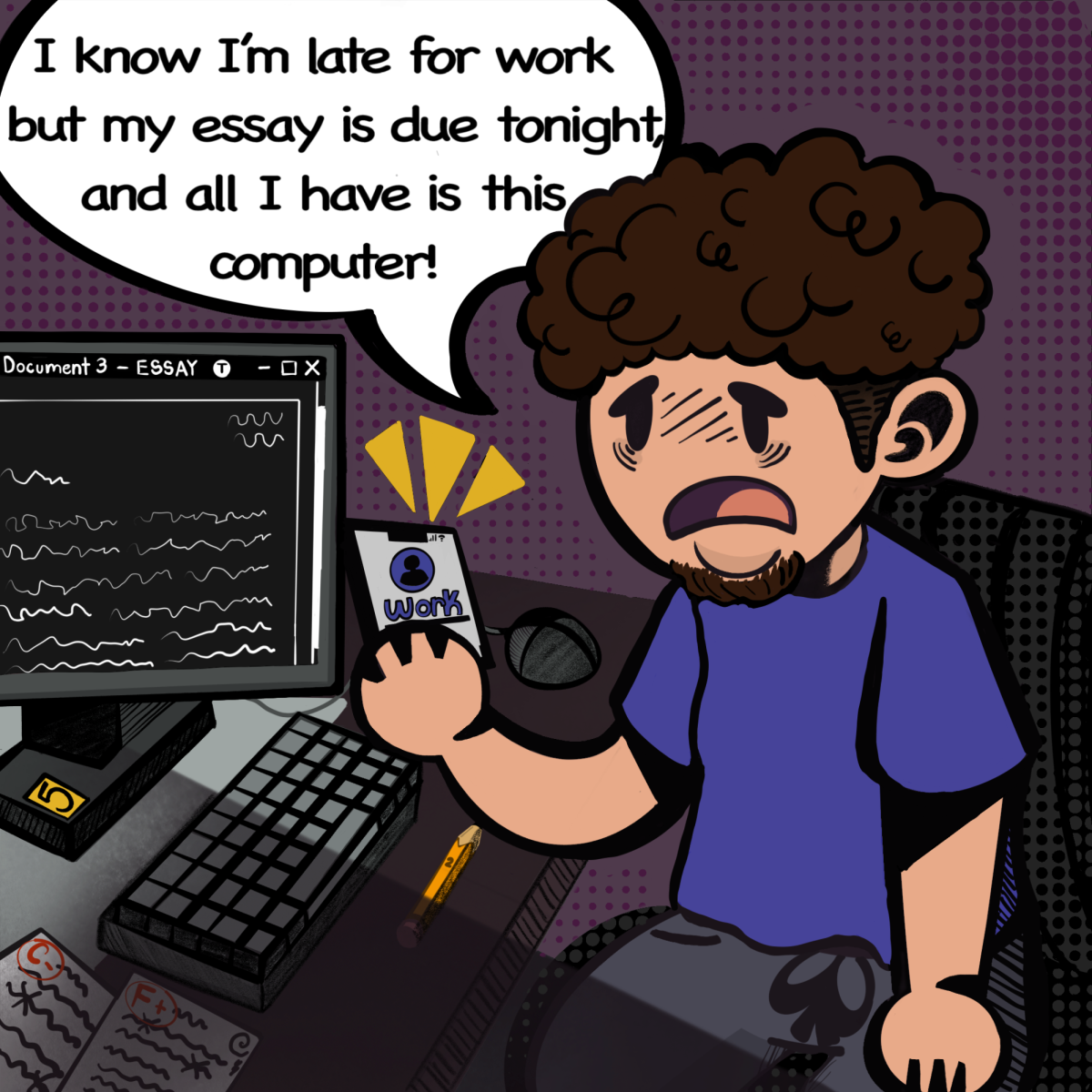By Ashely Klatt/reporter
At the Texas Poison Control Network, 50 percent of its calls come from cases of children who have been accidentally poisoned, the public health education manager for the North Texas Poison Center told a NW audience recently.
The North Texas Poison Center, located at Dallas’ Parkland Hospital and part of the TPCN, provides 24-hour, toll-free poison advice.
“Six years or under — that’s our No. 1 customer,” said Mike Yudizky during a poison prevention luncheon March 28.
Of those calls, the top reason children get poisoned is from a bite or sting. Other major reasons include the ingestion of cosmetics and cleaners.
TPCN can assist with any type of poisoning with the assistance of Micromedex, the software its staff uses to look up nearly every snake bite, insect sting, chemical ingredient and medication that could poison someone. Yudizky said a caller will reach a highly trained professional with access to a large database.
“When you call in, it’s going to be either a nurse or a pharmacologist you are talking to,” he said. “Actually, doctors call us all the time for treatments.”
In addition to its Dallas call center, the network operates call centers located in Amarillo, El Paso, Galveston, San Antonio and Temple and can handle callers who speak most any language.
Along with human poisonings, Yudizky said the network can handle pet poisonings. Although they are not trained by veterinarians, staff members can look up the possible poison in the Micromedex system. A veterinarian-backed pet poison line is available, but it charges $75 per call.
“Call us first,” he said. ”We’re free.”
In his 24 years as a paramedic with the Dallas Fire Department, he never had to transport a child to the hospital who possibly had been poisoned because he and his crew could treat the child at home. The network wants people to know how to prevent and treat potential poisonings themselves instead of rushing to a hospital.
Yudizky’s presentation showed the potential danger zones in a home that parents don’t think about as places their children might get into poison. Cleaners are commonly kept under the kitchen sink, which can be secured with cabinet locks. The TPCN recommends a product called Tot Lok by Safety 1st, Yudizky said. The magnetic cabinet lock system uses a magnetic key to unlock the door, making it more secure than the tab-type locks that can easily open if tugged.
When poison-proofing a home, Yudizky said, “Don’t look through your eyes. Look through your baby’s eyes.”
The garage is the scariest place in the house for children, Yudizky said. Garages contain many things a child can get into such as insecticides, paints and cleaners. Leaving chemicals in their original containers will lessen the chances of someone mistaking chemicals for something safe to drink, he said. And in the event of a poisoning, the original container will identify the chemical and its ingredients, helping the staff of the poison help line advise treatment.
Yudizky also provided information on identifying venomous spiders and recognizing their bites.
“The two spiders we have to worry about here are the black widow and the brown recluse,” he said.
The black widow has spindly legs, a shiny, hairless body, an overly large back end and an hourglass marking on its underside. Black widows are usually between the size of a nickel and a quarter, including legs, and are also recognizable by the distinctive look of their “messy” webs, Yudizky said. Their bites contain a neurotoxin that can cause muscle cramps anywhere from 15 minutes to six hours after the bite.
On the other hand, the brown recluse is more difficult to identify because it can be any shade of brown and look like many other common, less-venomous spiders. It is between the size of a dime and a nickel, and its most recognizable feature is the fiddle-shaped black marking on its back, which has earned it the nickname of “fiddle-back.”
The poison causes the rotting of the tissue surrounding the bite. Yudizky said the difference in bites is not the quickness with which treatment is administered because there is no way to stop the rotting, but the amount of venom injected. If a brown recluse had bitten something recently, the amount of venom may be lessened, leaving a smaller amount.
These spider bites require treatment by a doctor, but most bites and stings can be easily treated at home, Yudizky said.
The TPCN recommends treating bites and stings with a meat tenderizer/baking soda paste, rubbing the bite or sting site with a stick antiperspirant, applying an ice pack and taking Tylenol or other pain relievers.
Calling the center at 800-222-1222 can save people by giving them quick access to possible treatments and keep them out of the hospital, Yudizky said.
“We save you money, too, when you call,” he said.
For more information, one can visit TPCN’s website at www.poisoncontrol.org and the center’s Facebook page.


























